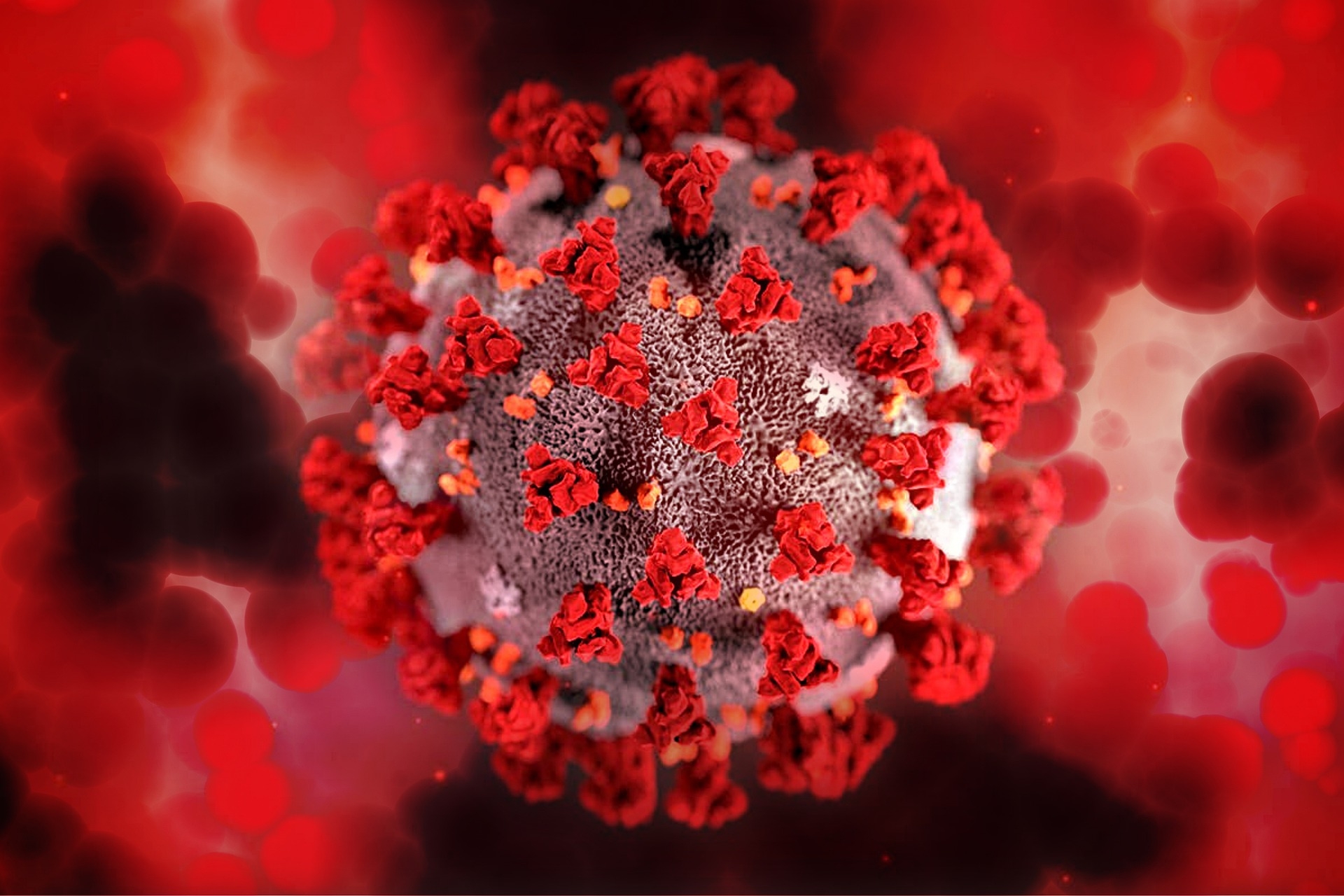
Two years into the COVID-19 pandemic, the American Heart Association has published a scientific statement on the low risk for children and young adults to develop heart issues after infection.
While more research is needed, the AHA states it’s uncommon for children and young adults to develop severe acute respiratory syndrome and multisystem inflammatory syndrome. When this does happen, it is typically treatable.
As of February 24, 2022, children under the age of 18 accounted for approximately 17% of total COVID-19 cases in the United States, but only .1% of deaths.
“Although the young are relatively spared from clinical disease, some children and young adults appear to be more likely to contract COVID-19 and are at higher risk for experiencing severe illness,” the statement said.
According to a group of science experts convened by the AHA's analysis, children with underlying medical conditions and those who are immune compromised are more likely to be hospitalized, admitted to an intensive care unit and die of COVID-19, similar to adults.
There are conflicting reports on the risk of severe COVID-19 in children and young adults with congenital heart disease, and further investigation is needed.
The AHA statement says children and some young adults may develop form of long COVID called multisystem inflammatory syndrome, or MIS-C, a rare but severe inflammatory syndrome usually occurring two to six weeks after the acute COVID-19 infection. MIS-C can affect the heart and other organ systems. Statistics show a current rate of 1 case of MIS-C per 3154 COVID-19 infections in children. A majority of cases were kids of Hispanic/Latino ethnicity (1 per 2141 cases of SARS-CoV-2 infection) or Black race (1 per 1623 cases of SARS-CoV-2 infection).
“Although children with comorbid conditions are at increased risk for symptomatic SARS-CoV-2 infection compared with healthy children, cardiovascular complications, severe illness, and death are uncommon,” the AHA said.
To better understand all of these risks long-term research on COVID-19 in both adults and children is needed.

